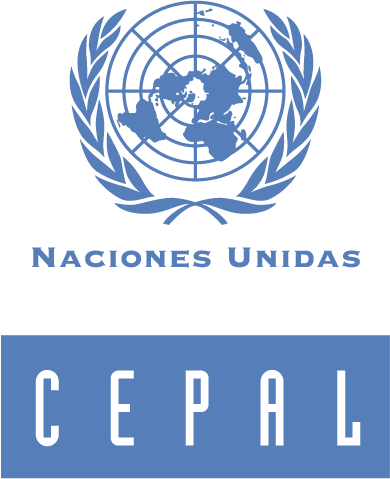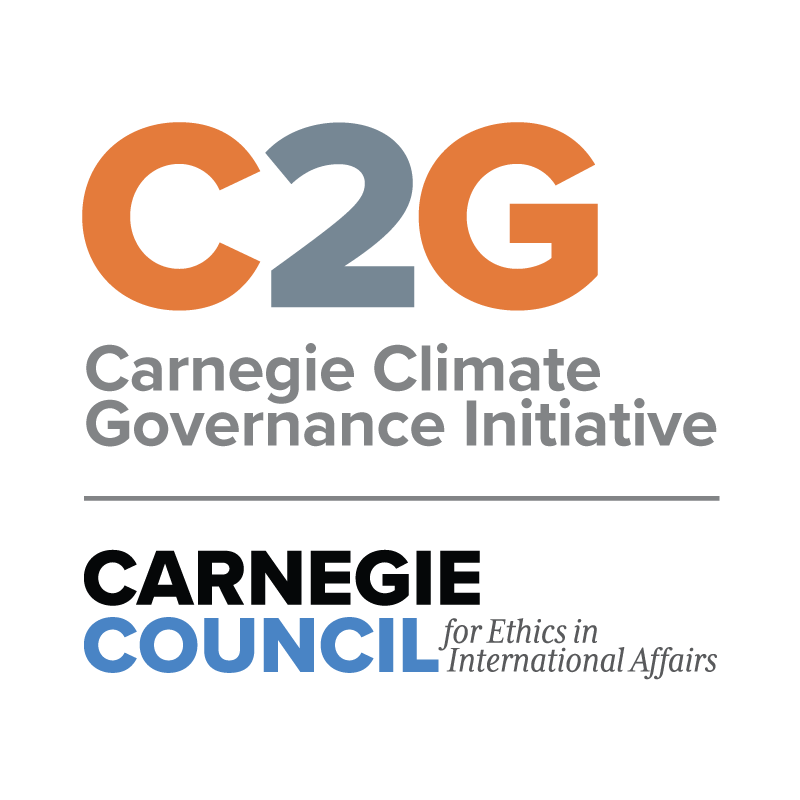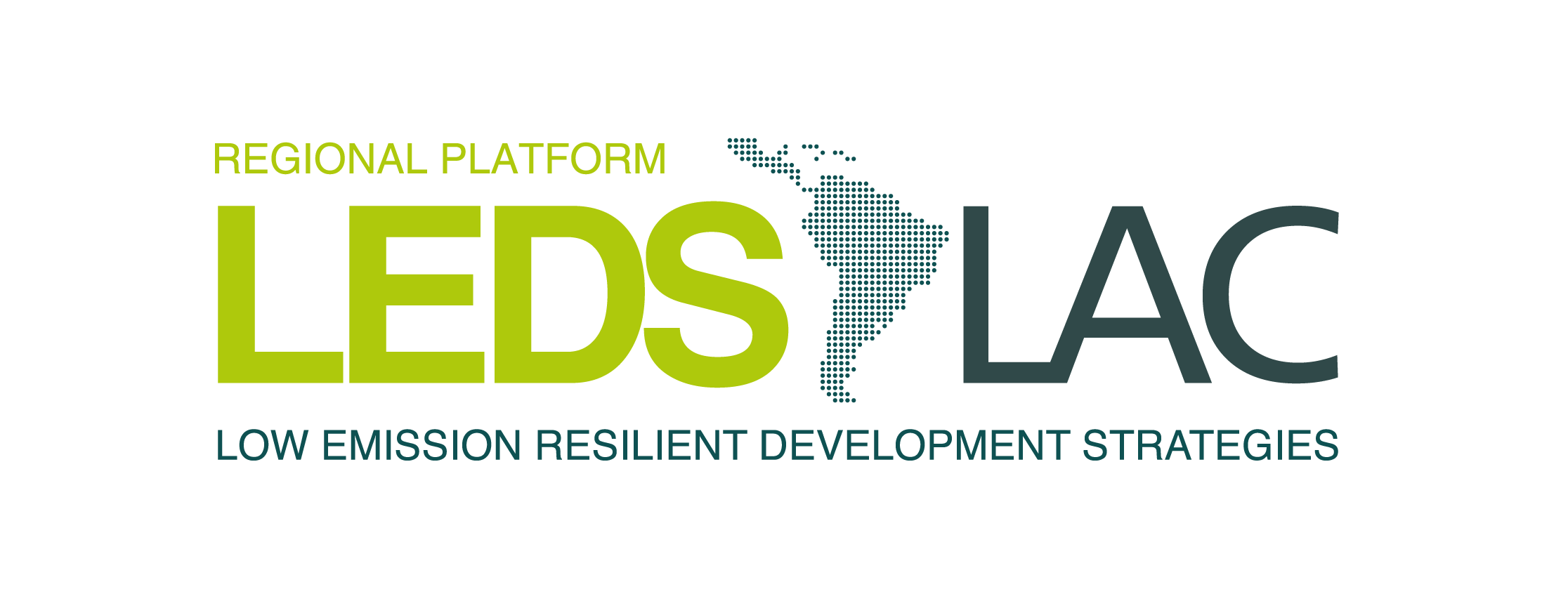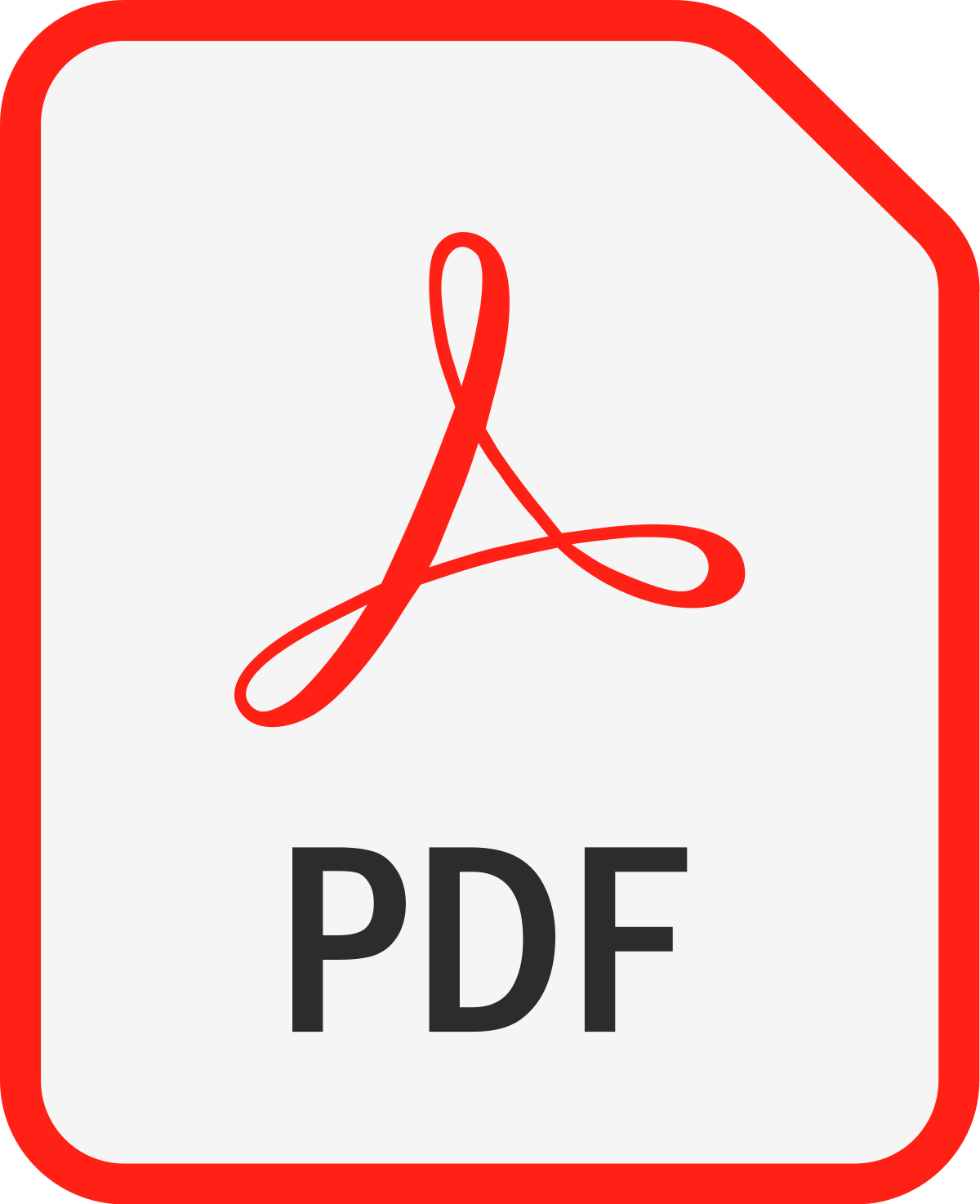Streaming
About the event
EN
EN
The Intergovernmental Panel on Climate Change (IPCC) Special Report on Global Warming of 1.5°C indicates that large-scale carbon dioxide removal (CDD) should be part of the international strategy to keep temperature increase below 2°C and achieve carbon neutrality within the next 30 years. In that sense, the trajectories proposed in the Special Report involve a combination of biological and/or technological processes for large-scale Carbon Dioxide Removal. However, the Report recognizes that all of these techniques still involve uncertainties around feasibility and sustainability, and represent significant governance challenges.
The webinar will provide an overview of the main CDE techniques focusing on governance arrangements and challenges and will explore the potential benefits and risks that the deployment of certain large-scale CDE techniques could have for achieving the Sustainable Development Goals (SDGs). Finally, it will analyze the role that EDC could play in Zero Net Emissions strategies in the Latin America and Caribbean (LAC) region.
The webinar will be conducted in Spanish with simultaneous translation into English. If you have any questions about this event, please contact the LEDS LAC Platform Secretariat: [email protected].
Agenda
- Carbon Dioxide Removal (CDD) and governance arrangements. Vanessa Suarez. Policy Advisor, Carbon180.
- Large-scale EDC approaches and the potential benefits and risks to achieving the SDGs. Natalia Rubiano. PhD Candidate, Lund University.
- Zero Net Emissions Strategies in Latin America and the Caribbean and the role of large-scale EDC approaches. Joseluis Samaniego. Director of the Sustainable Development and Human Settlements Division, ECLAC.
About the panelists
Vanessa Suarez
Policy Advisor for Carbon180, where she works on U.S. federal policy on natural and technological carbon removal solutions. Previously, she was a student at UC Berkeley, where she earned her Bachelor of Science degree in Conservation and Natural Resource Studies, and completed a thesis on soil carbon removal in grassland ecosystems.
Natalia Rubiano
She has worked on development and sustainability issues throughout her career, mainly with the United Nations Development Programme. She was part of the C2G team as Outreach Officer and is currently a PhD candidate at Lund University (Sweden). Her research project focuses on the political, social and economic implications of negative emission technologies.
Joseluis Samaniego
Director of the Sustainable Development and Human Settlements Division of ECLAC. He is an economist from the Universidad Autónoma de México (UNAM) and holds a Master's degree in International Political Economy. He also holds a PhD in Economics from the National Autonomous University of Mexico (UNAM). He is the author and co-author of numerous articles and books on climate change, the challenge of public policies and the economic analysis of climate change. He has been a consultant for the World Bank, the United Nations Development Programme (UNDP), the United Nations Development Programme (UNDP), the United Nations Environment Programme (UNEP) and the United Nations Environment Programme (UNEP).
United Nations Environment Program (UNEP) and the World Wide Fund for Nature (WWF), among other international organizations.
The Intergovernmental Panel on Climate Change (IPCC) 1.5°C Special Report on Global Warming indicates that large-scale removal of carbon dioxide must be part of the international strategy to keep temperature increase well below 2°C to achieve net-zero emissions by 2050. The pathways proposed in the Special Report involve a combination of biological and technological approaches to large-scale Carbon Dioxide Removal (CDR). While the use of CDR has been incorporated in the IPCC pathways, the Report emphasizes that all these approaches still involve uncertainties regarding feasibility and sustainability and represent significant governance challenges.
The webinar will provide an overview of the main CDR approaches focusing on governance provisions and challenges and will explore the potential benefits and risks that large-scale deployment of certain CDR techniques could have on the achievement of the Sustainable Development Goals (SDGs). Finally, we will address the role that CDR could play in Net-Zero Emissions strategies in the Latin American and Caribbean (LAC).
The webinar will be conducted in Spanish with simultaneous translation into English. If you have any questions about this event, please contact the LEDS LAC Platform Secretariat at [email protected].
Agenda
- Overview of large-scale carbon dioxide removal approaches and governance provisions. Vanessa Suarez. Policy Advisor, Carbon180.
- Large-scale CDR approaches and the potential benefits and risks to achieve the SDGs. Natalia Rubiano. PhD Candidate, Lund University.
- Net-zero emissions strategies in Latin America and the Caribbean and the role of large-scale CDR approaches. Joseluis Samaniego. Director of the Sustainable Development and Human Settlements Division, ECLAC.
About the panelists
Vanessa Suarez
Policy Advisor at Carbon180, where she works on US federal policy across natural and technological carbon removal solutions. Previously, she was an undergraduate student at UC Berkeley where she earned a Bachelor of Science in Conservation and Natural Resource Studies and completed a thesis on soil carbon removal in rangeland ecosystems.
Natalia Rubiano
She has worked on issues related to development and sustainability throughout her career, mainly with the United Nations Development Programme. She was part of the C2G team as Outreach Officer and is currently a PhD candidate at the University of Lund (Sweden). Her research project focuses on the political, social and economic implications of negative emission technologies.
Joseluis Samaniego
Director of ECLAC's Sustainable Development and Human Settlements Division. He is an economist from the National Autonomous University of Mexico (UNAM) and holds a master's degree in International Political Economy. He also holds a PhD in Economics from the UNAM. He is the author and co-author of numerous articles and books on climate change, the challenge of public policies and the economic analysis of climate change. He has been a consultant for the World Bank, the United Nations Development Programme (UNDP), the United Nations Environment Programme (UNEP) and the World Wildlife Fund (WWF), among other international organizations.
Session organized by:



